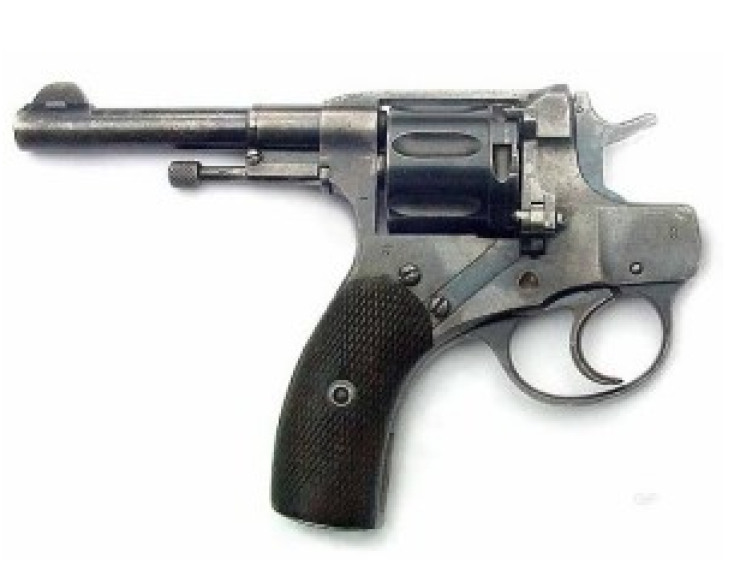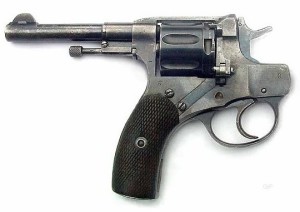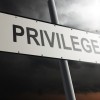Would Gun Control Have Stopped the Dallas Shooter?
by M.J. Moye
Dallas Police Headquarters became the scene of the latest mass shooting early Saturday morning as a lone gunman sprayed the building and numerous police cars with bullets.
While the gunman was apparently intent upon taking many lives, especially those of the “boys in blue,” miraculously no one, but the suspect, was hurt. Along with multitudes of bullets, the suspect utilized pipe bombs and his armoured van-as-a-ram as tools for his murderous intent. In the end, the only bullet to hit its human target, was that of a police sniper who took out the gunman, following a police chase and standoff.
The lack of victims, in this case, will likely nullify the usual calls for gun control that follow mass shootings; however, this incident serves as an interesting example from which to argue some of the pros and cons of gun control.
Proponents of gun control will argue that the shooter would not have had a gun in the first place were stringent gun control regulations in place. Opponents would quickly counter that under gun control only criminals (and potential nut-bars and terrorists) would have guns.
Gun control would likely make getting a gun such as the one(s) used by the shooter difficult, but would it have prevented him from getting such weapon(s)? If history is any guide, the answer would be “no.” For all intents and purposes gun control turns guns into the equivalent of a “controlled substance,” such as illegal drugs, booze and cigarettes. And, really, how much “control” do federal state and local governments have on controlled substances?
An outright ban on gun ownership would be like the outright ban on illegal drugs. There’s been an all-out “war” on illegal drugs for almost 50 years, and attempts at government control for at least 100. How’s that going? Despite billions of dollars spent and hundreds of thousands jailed, there are more drugs on the street today, and at cheaper prices, than ever before.
Restrictions on gun ownership are similar to government restrictions on alcohol and tobacco, in that they might limit usage of the substances, but if someone really wants a drink or a smoke there’s not much difficulty in attaining either. Restrictions on gun ownership are similar–if someone wants a gun, with a little bit of work a gun can be found. Washington, DC serves as a good case study in this, in that despite having the most stringent gun controls in the nation, it had one of the highest per capita rates of gun violence for well over a decade.
Proponents of gun ownership would undoubtedly love to use this Dallas shooting as a case supportive of their views, specifically the notion that an armed public inhibits crime and can stop it outright with a well aimed shot. Surprisingly, though, none of the armed populace was around to pop a cap in the perpetrator when he started blazing away at police headquarters.
Surprisingly, because Texas has especially lenient gun control laws, and a significant proportion of the population owns at least one gun. Several people witnessed the gunman from their apartments overlooking the police headquarters building, with one man capturing the initial shooting on his cell phone camera.
Just imagine the scenario if this man had reached for his .30-06 Remington deer hunting rifle, instead of the cell phone–one well-placed shot might have ended the rampage early. Or, had a pedestrian out for a late evening stroll, and packing heat with a concealed-carry permit, come upon the scene…well, “bang, bang” and perhaps game over for the gunman.
But there’s a big problem with these imagined scenarios. Can you say, “friendly fire.”
What if the deer-rifle-toting apartment dweller makes a mistake in judgement, picks out a plainclothes police officer stalking the shooter and accidentally pegs him as the perpetrator? Oops!
And the concealed-carry pedestrian? We’d guess that with the police taking that much fire, they’re going to pretty much shoot at anyone they see holding a gun. Chances are he’d be just as likely to take a bullet as he would to put one in the perp.
Admittedly, the above pro and con arguments are simplistic at best, but they do serve to show that gun control is definitely one of those issues in which you’re damned if you do and damned if you don’t.
– M.J. Moye






